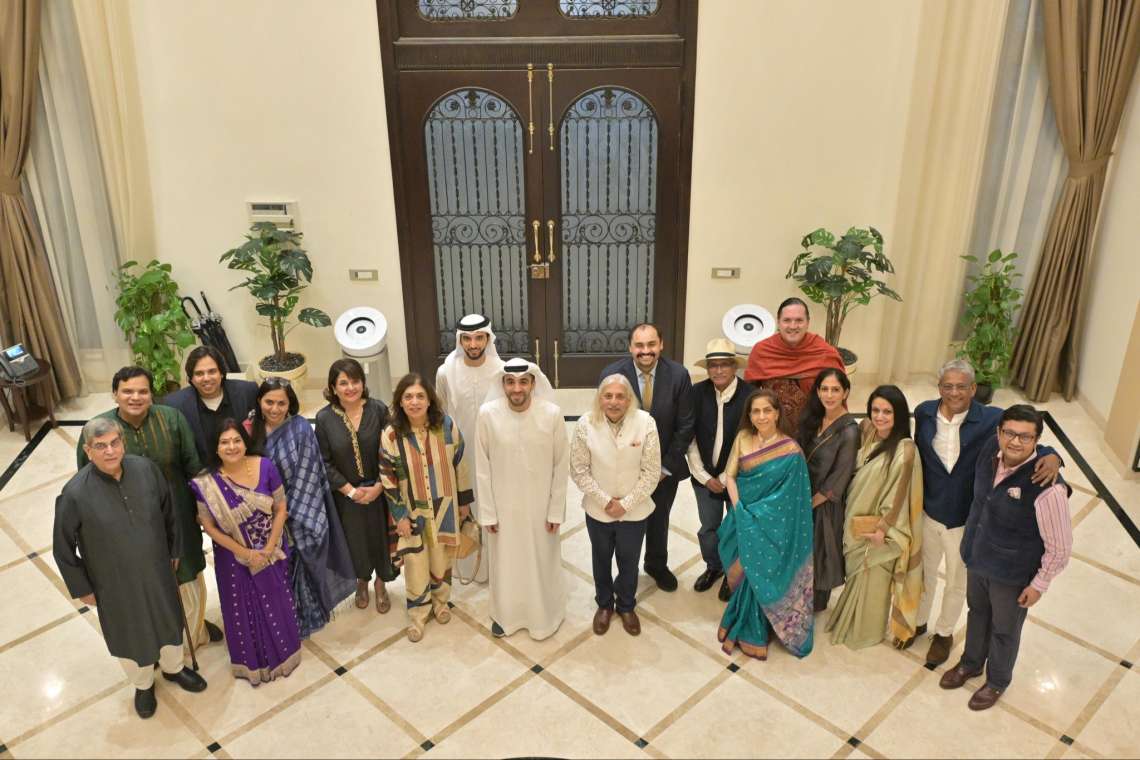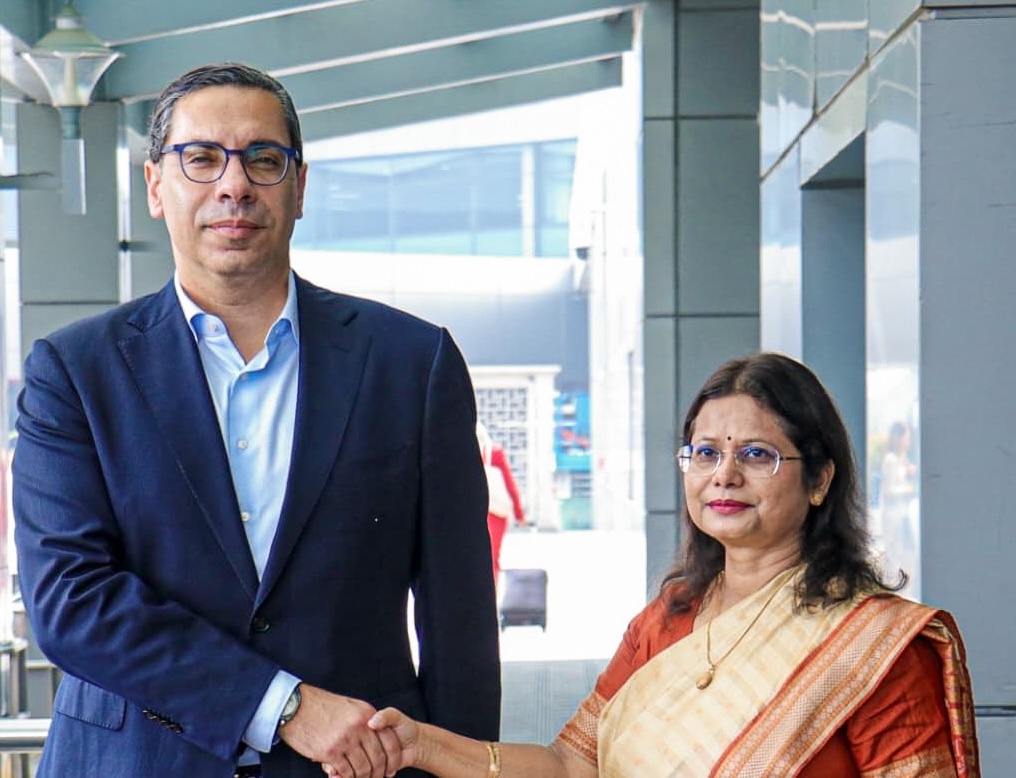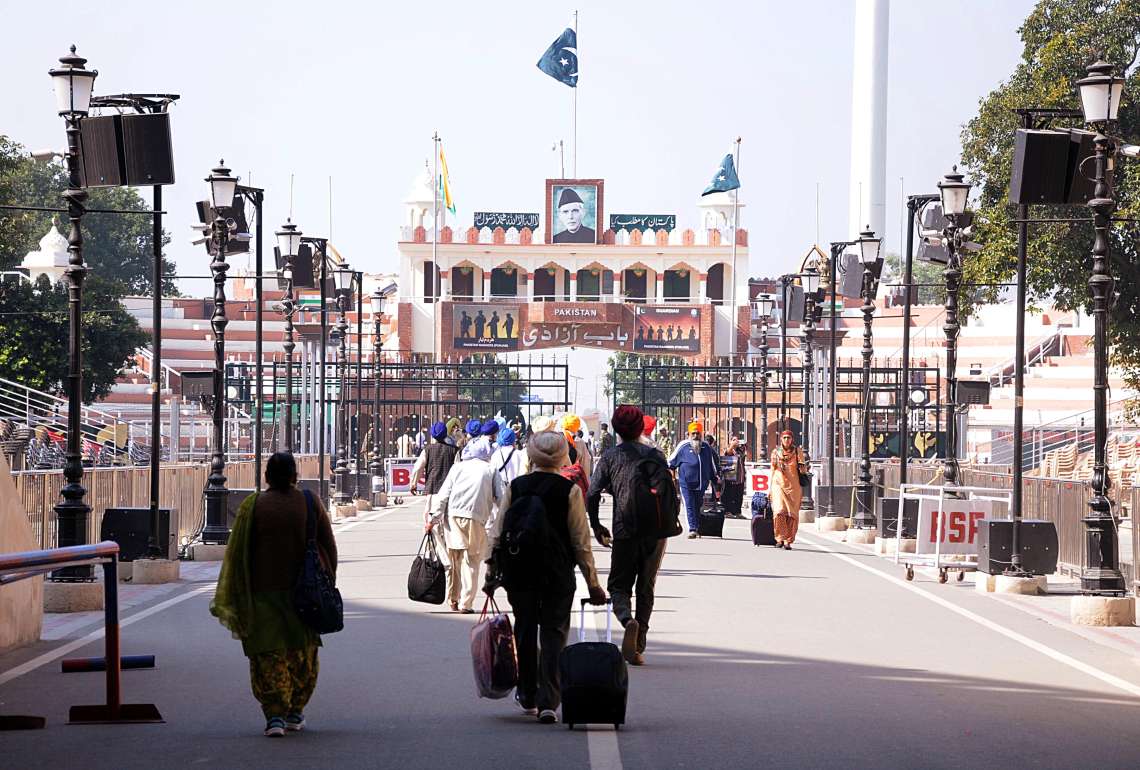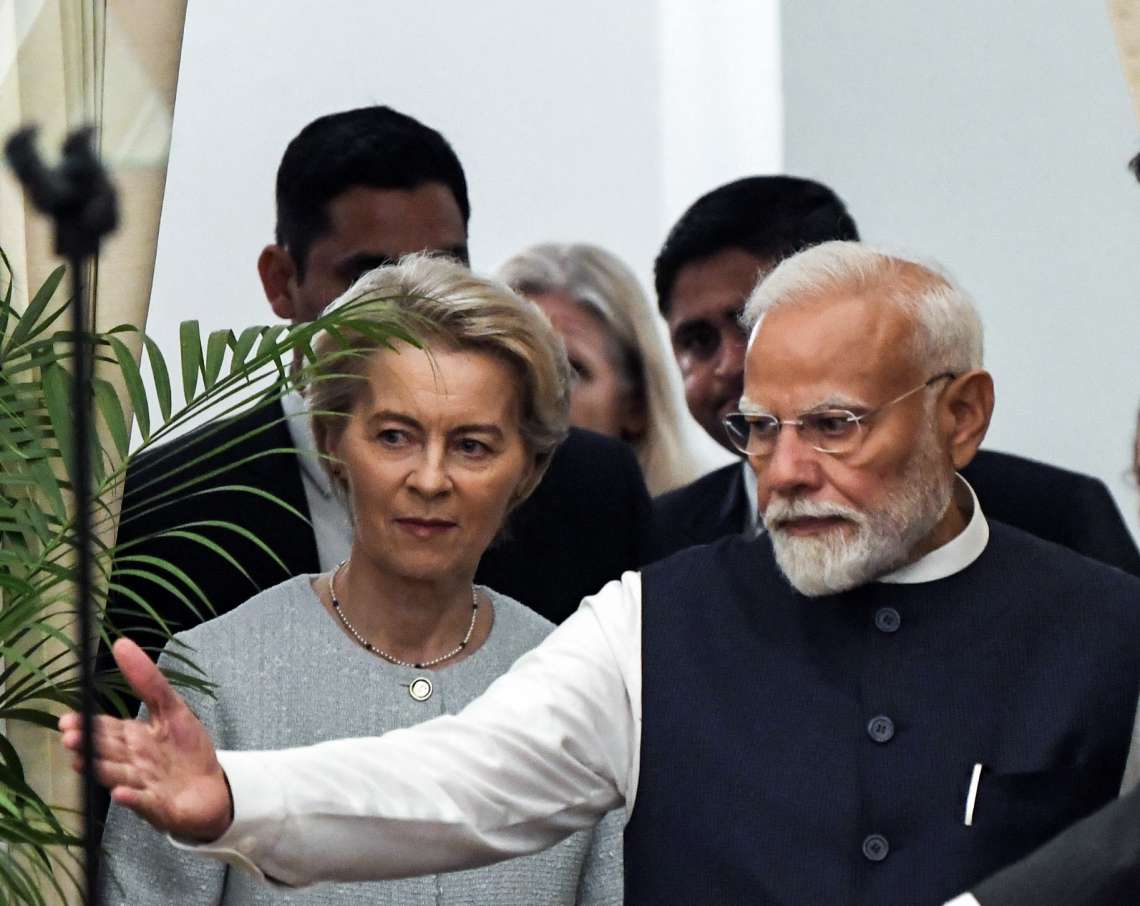The Human Rights Commission of Pakistan (HRCP) condemned the razing of houses of people from minority communities in Punjab province’s Bahawalpur city. The houses were allegedly brought down by local authorities with political influence.
“HRCP is gravely concerned at reports that houses belonging to the Hindu and Christian communities of Yazman in Bahawalpur have been demolished, allegedly by local authorities with political influence,” said HRCP in a tweet.
“Evictions, the demolition of people’s houses, and land grabbing, esp. when such communities are doubly vulnerable, are highly condemnable. HRCP will conduct an independent fact-finding exercise to investigate,” HRCP added.
A video of a similar incident surfaced on the internet recently in which a basti of a minority Hindu community in Bhawalpur can be seen being demolished. The demolition exercise was carried out under the watch of Tariq Bashir Cheema, the Housing Minister in the Imran Khan cabinet, and the country’s Principal Information Officer Shahid Khokhar.

Pakistan is a well-known perpetrator of such human rights violations. On several occasions, it has promised to safeguard the interest of minority communities in the nation. However, continuing attacks on minorities narrate a different story.
Islamabad has been discriminating against its religious minorities. This is manifested in various forms of targeted violence, mass murders, extrajudicial killings, abduction, rapes, forced conversion to Islam, etc., making Pakistani Hindus, Christians, Sikhs, Ahmadiyyas, and Shias the most persecuted minorities in the region.
The United States Commission on International Religious Freedom (UNCIRF) in a report pointed out that over 230 persons were killed in religious and sectarian attacks within Pakistan last year.
Although the report has not spared the state in its colossal failure to stem the rot, it has not been emphatic enough in underlining the state’s own role in perpetrating violence and hatred against minorities who are no less entitled to state protection than the majority Sunni population.
Encouraged by the state, various extremist elements and a large section of the society, have campaigned violently and otherwise against giving any religious freedom to Ahmadis. They have for long been discriminated politically, socially and economically, largely because the Sunni state has ensured their marginalisation not long after Independence.
Last year, an attempt was made to offer Ahmadis a small gift of freedom in the political arena but a strong and vicious outburst from extremist groups and civil society members forced the government to retract hastily. The Pakistan Army played a nefarious role in this episode by encouraging the extremist elements whose demands included preparing a registry of Ahmadis working in government service and to bring laws to make it easier to charge them under the notorious blasphemy law.

The US report pointed out if these demands were to be implemented by the government, it “could lead to increased targeting of the already vulnerable Ahmadi population in the country.
In an op-ed article, The Nation, an English daily from Pakistan, observed that “ Paradoxically, the rights ensured to the minorities of Pakistan by its very constitution are being denied, not only by the common masses but so too by those that supposedly are the guardians of justice.”
The plight of Ahmadis under the new Imran Khan regime is not destined to be any better. One of the first cabinet decisions taken by the Imran Khan government was to sack a famous economist from his advisory council just because he was an Ahmadi and extremist groups had raised a banner of revolt against him. Khan’s capitulation is not surprising, considering that successive governments have treated Ahmadis and other minorities as `slave` citizens.

The treatment of Shias, a prominent sect among Muslims, who number about 30 million, has been equally deplorable. Shias have been victims of targeted killings, attacks on religious places and discrimination in opportunities ever since the group challenged the military regime of despot Zia-ul Haq. The US report on religious freedom highlighted their continuing plight: “During the past year, the Shi’a Muslim population continued to face security threats from extremist groups and increased social discrimination from the public.“
A columnist wrote recently in The Nation that “Jinnah, a Shi’a himself, would certainly be aghast to get word of how brutally have Shi’as been treated in this country. 140 of them have gone missing over the past two years, and ironically, nothing has yet been done to bring them back to their loved ones. Target killing of Hazaras in Quetta – a city that is home to roughly 600,000 Hazara Shi’a Muslims – continue to surface every now and then to which the authorities often turn a blind eye.“








